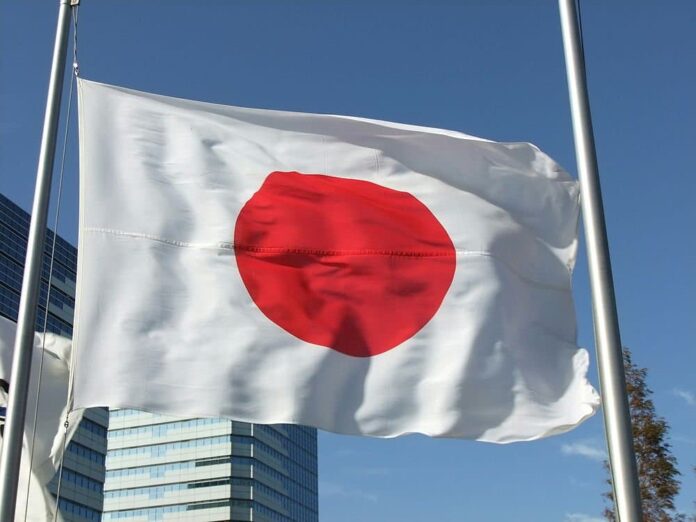As governments worldwide have looked towards creating restrictive Bitcoin policies, Japan proved why a tolerant approach might be key.
As Bitcoin has become more readily accepted into the mainstream financial landscape, governments across the world have been pondering over the growing issue of regulatory and legislative frameworks for the cryptocurrency. However, this is often easier said than done. Especially since cryptocurrencies’ decentralized nature generally defies traditional regulation methods.
However, instead of increasing their restrictive policies, Japan choose a very different approach which so far has been met with major success.
Bitcoin was declared legal tender in Japan in April this year. Upon this announcement, over 4,500 different merchants accepted Bitcoin as a payment method. Since then, the Japanese culture has become increasingly enamored with cryptocurrency. In addition to the already-existing 4,500 Bitcoin-friendly merchants, the Japanese newspaper, Nikkei, has posited that this number could increase by up to five-fold.
Japanese consumers can easily spend their Bitcoin in thousands of stores nationwide, including giant retailing franchises. To make matters even more convenient, accepting merchants generally use large signs to indicate their acceptance. As a last resort, Japanese consumers can always turn to Bitcoin ATMs, otherwise known as BTMs that are available throughout the country.
Despite the crypto-friendly attitude, Japanese investors received first-hand experience in the damaging volatility of the cryptocurrency industry when the Mt Gox exchange collapsed after they lost nearly one million Bitcoins. Following this landmark event in cryptocurrency history, Japanese regulators seemed to have reached the decision that instead of curbing cryptocurrency activity, they should implement measures to stimulate market growth, while trying to protect market participants.
Japanese regulators have since introduced policies which aim to keep exchange platform’s capital reserves stable, ensure that user funds are kept separate, and introduce KYC policies. However, most Western governments seem to have done the exact opposite, despite Japan’s success in the field.
Earlier this week, the Trump administration finally broke their ominous silence regarding cryptocurrency, when Trump’s treasury secretary publicly commented on the industry. Perhaps unsurprisingly, the secretary was mainly concerned with ensuring that digital currencies are not used for illegitimate activities, rather than mentioning the industry’s possibility of growth in US markets.
The secretary continued to mention often cited illicit activities that cryptocurrency has become associated with, including terrorist-funding, money laundering, human trafficking, and several other sinister happenings on the dark web.
Bitcoin and other digital currencies are not the West’s primary scapegoat however. The US and UK administrations have repeatedly and publicly voiced their concern over cryptography. Several prominent US and British leaders have frequently expressed that encryption is often dangerous as it aids nefarious activities such as terrorism. Some leaders have even suggested that WhatsApp should include a backdoor in its service through which messages can be monitored.
While Bitcoin still remains largely safe from similar intrusive code modifying measures, governments have still been actively trying to thwart Bitcoin’s growth and journey into the mainstream financial landscape. While no western official has outright banned the currency, several policies discourage potential investors from participating in the market.
If anything, Japan should serve as a lesson to its international counterparts that cryptocurrency could be an immensely rewarding experience for both civilians and officials. Despite the several benefits that the innovative financial technologies offer, most countries have been extremely slow in implementing it more widely. Other than crypto-friendly countries such as Japan and South Korea, only the Baltic Area has shown tolerance and a willingness to encourage the market.
















